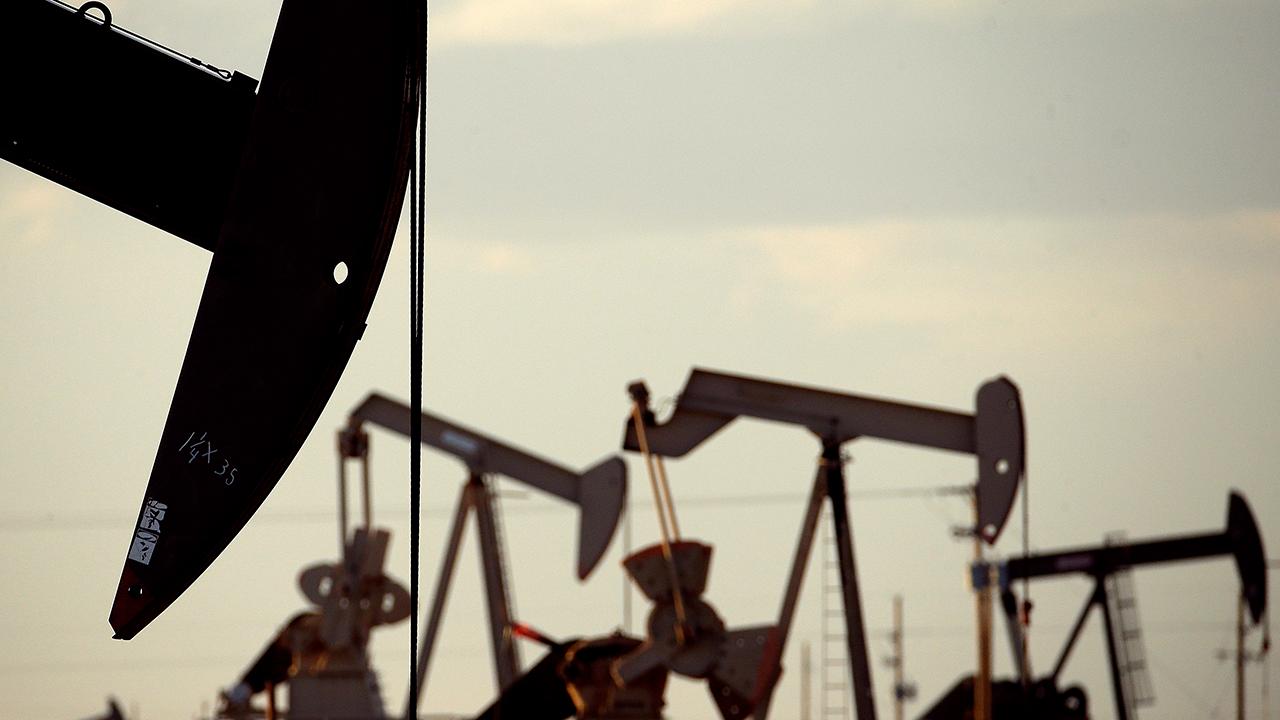Oil rises 3%, but demand concerns still weigh
NEW YORK, Jan 2 (Reuters) - Oil prices rose 3 percent on Wednesday, tracking U.S. equity markets that also pared some earlier losses, but traders said concerns about rising crude production and weakening global economic trends were likely to keep rallies contained.
Brent crude futures rose $1.69, or 3.2 percent, to $55.46 a barrel by 10:59 a.m. EST (1559 GMT) after earlier falling as low as $52.51. U.S. West Texas Intermediate (WTI) crude futures gained $1.37 to $46.78 a barrel, a 3 percent gain, after sinking to $44.35.
U.S. equity markets pared some losses in mid-morning trade, boosting oil prices. Crude futures have recently tracked closely with Wall Street.
"Energy markets are following lockstep with what the equity markets are doing here, and I think that's going to continue to be the case," said Brian LaRose at ICAP Technical Analysis.
However, disappointing manufacturing data from China earlier added to ongoing concerns about a slowing global economy and increased output out of countries like Russia.
China's factory activity contracted for the first time in over two years in December, highlighting the challenges facing Beijing as it seeks to end a bruising trade war with Washington.
"The manufacturing survey data out of China this week is particularly negative for crude oil, as it goes to the heart of the key demand center for the market," said John Kilduff, a partner at Again Capital Management in New York.
Worries about an economic slowdown and excess supply dragged oil prices from multi-year highs reached in October 2018. Crude futures ended 2018 down for the first year since 2015.
Russian production hit a post-Soviet record in 2018, figures showed on Wednesday. Other data showed U.S. output reached a record in October and Iraq boosted oil exports in December.
Surging shale output has helped make the United States the world's biggest oil producer, ahead of Saudi Arabia and Russia. Oil production has been at or near record highs in all three countries.
The signs of rising production illustrate the challenge facing the Organization of the Petroleum Exporting Countries and its allies, including Russia, which are seeking to prop up the market with a supply cut of 1.2 million barrels per day.
However, the energy minister for the United Arab Emirates, an OPEC member, said on Tuesday he remained optimistic about achieving a market balance in the first quarter.
(Additional reporting by Alex Lawler and Noah Browning in London and Henning Gloystein in Singapore Editing by Marguerita Choy and Jan Harvey)




















